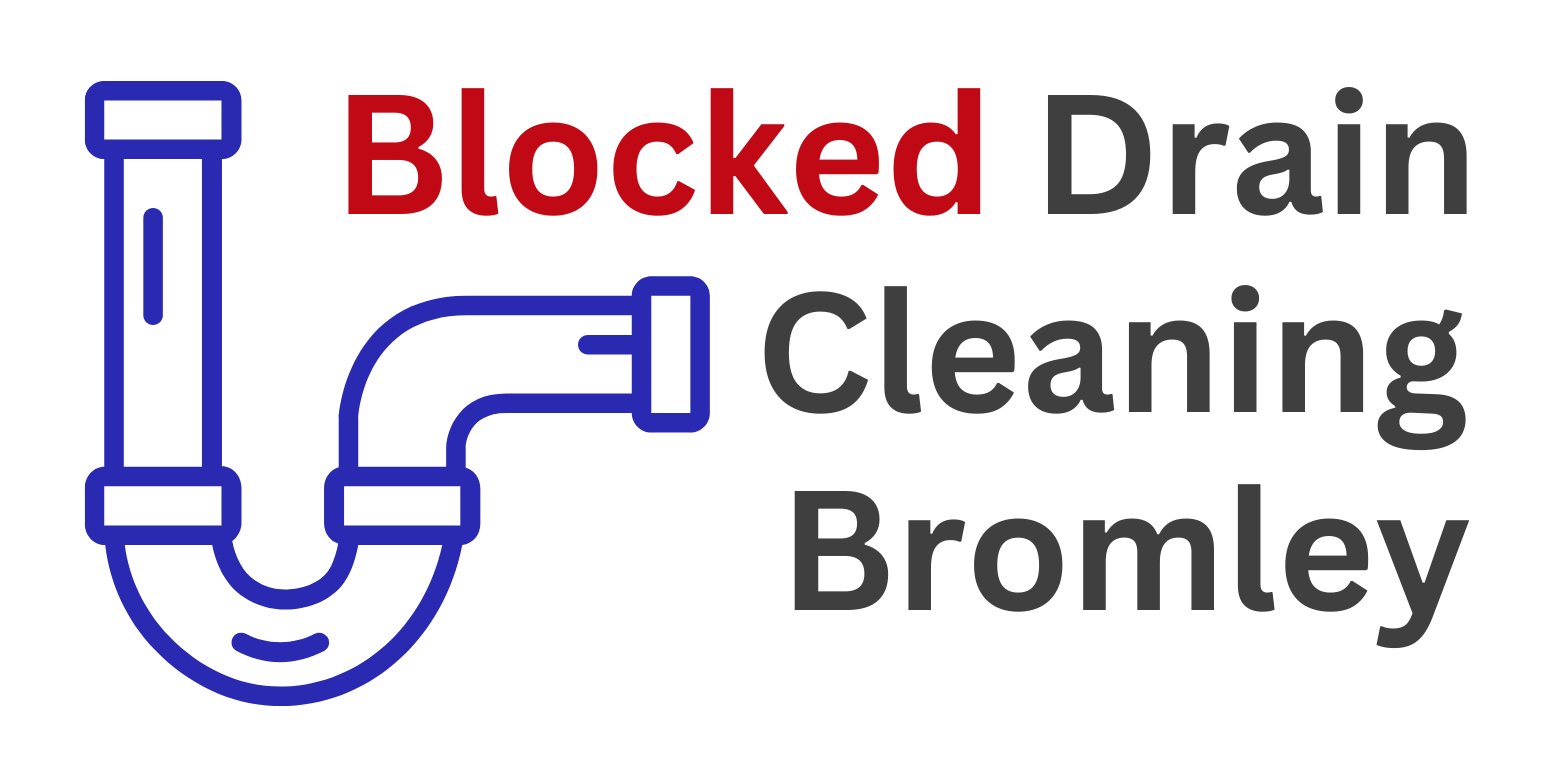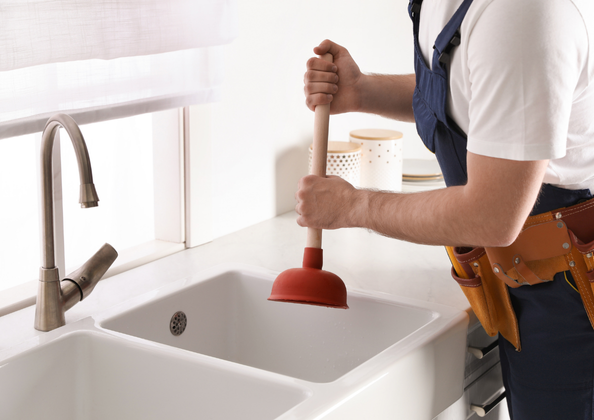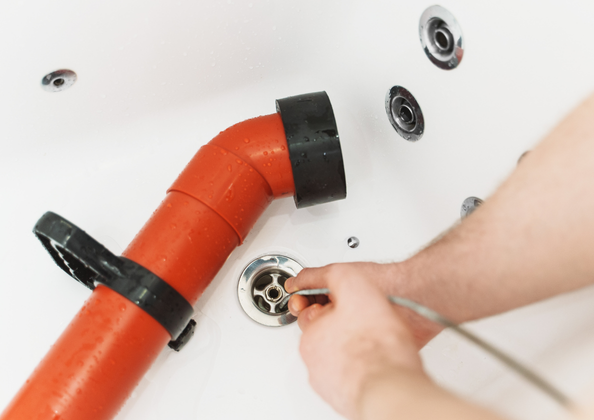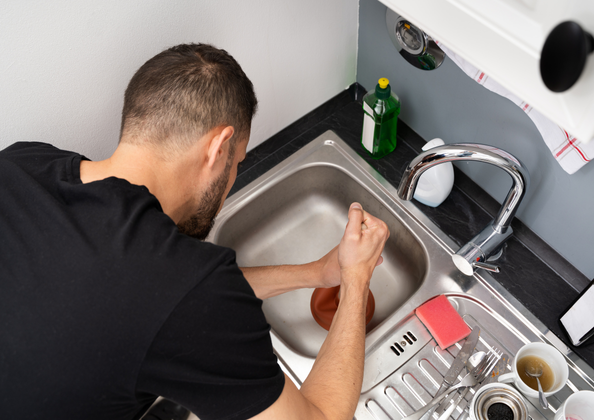How to Dispose of Cooking Oil Without Blocking Your Kitchen Sink
Improper disposal of cooking oil is a surprisingly common cause of a blocked kitchen sink. Whether you're a homeowner, property manager, or small business owner, understanding how to get rid of used oil the right way can save you from costly plumbing issues.
This guide explains how to safely dispose of cooking oil while preventing your sink from clogging up.
Why You Should Never Pour Oil Down the Drain
It may seem harmless to pour leftover oil or grease down the kitchen drain while it's still hot. However, as oil cools, it solidifies. Over time, this sticky substance builds up inside your pipes, restricting water flow and eventually leading to a blocked kitchen sink. The problem doesn't just affect your home—it can impact entire neighbourhood drainage systems and contribute to environmental damage.
Safe Ways to Dispose of Used Cooking Oil
Instead of tipping oil down the sink, allow it to cool and then pour it into a sealed container. You can then dispose of it in your general waste or check if your local recycling centre accepts cooking oil for recycling. Some councils offer collection services or designated drop-off points. Restaurants and food businesses in areas like Bromley are often required to follow strict disposal rules to avoid issues like a kitchen sink clogged by grease buildup. You could also reuse cooking oil for future frying, provided it's been filtered and hasn't degraded. This not only reduces waste but also saves money.
What to Do If Your Sink Gets Clogged
If you’ve already poured oil down your drain and your kitchen drain clogged, don't panic. Start with a plunger or pour boiling water mixed with a bit of washing-up liquid down the sink. If that doesn't work, a natural mix of baking soda and vinegar may help dissolve light build-up. However, if the blockage persists, it’s time to call in professionals. Products labelled as drain unblockers can offer temporary relief, but they’re not always effective against grease blockages and may even damage older pipes.
Preventative Tips to Avoid Future Blockages
To prevent the need to unblock kitchen sink pipes frequently, make a habit of wiping pans and trays with kitchen roll before washing them. Dispose of food scraps and oil into your bin or compost instead of rinsing them away. Installing a sink strainer can also help catch solid particles before they enter the pipes.
For those with persistent problems or managing multiple properties, staying on top of regular maintenance is key. If you’re struggling to unblock kitchen sink drain systems across several kitchens, it might be time to schedule routine inspections from a trusted drainage specialist.
Pouring cooking oil down the drain may seem like a quick fix, but it can quickly lead to a blocked kitchen sink and more serious plumbing issues. Safe disposal methods—such as cooling and binning the oil, or recycling it properly—are simple ways to protect your drainage system. By staying informed and taking small preventative steps, you can avoid the hassle of dealing with sink blockages in the future.
Blocked Drain Cleaning Bromley is your trusted partner for fast, professional drainage solutions. Whether you're a homeowner dealing with a single blocked sink or a property manager overseeing multiple units, we provide reliable, local service with a focus on long-term prevention. Our team uses expert tools and techniques to identify the root of the problem and solve it effectively—giving you peace of mind and keeping your plumbing running smoothly.
New post on X:
Blocked kitchen sink? Here’s how to fix it fast!



